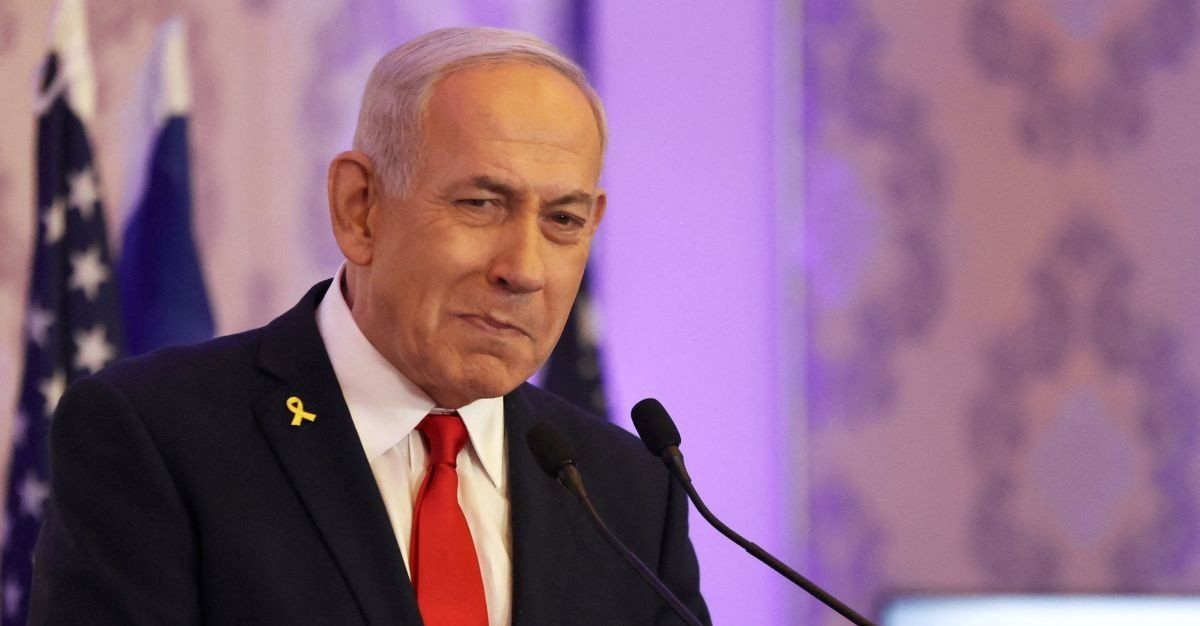Netanyahu faces the squeeze
Israeli Prime Minister Benjamin Netanyahu is coming under criticism from both sides of the political spectrum amid the desperate humanitarian situation in Gaza. Far-right US Rep. Marjorie Taylor Greene (R-GA) declared on Monday that Israel was committing genocide in the enclave, while center-left UK Prime Minister Keir Starmer said Tuesday he’d recognize Palestinian statehood unless Israel met certain conditions by September. Given the importance of Israel’s relationship with the US, Netanyahu will be far more concerned about whether MAGA figures are distancing from Israel, as well as a Gallup poll that showed just 32% of Americans approve of Israel’s military action in Gaza (down from 50% at the start of the war).
Ivorian leader announces he’s running for fourth term
After winning a third term in 2020, Côte d'Ivoire’s President
Alassane Ouattara hinted that he wouldn’t run again. Five years on, the 83-year-old has changed his mind,
announcing another run and starting the race in
pole position – the election is on October 25. Located on Africa’s West Coast, Côte d'Ivoire is home to over 30 million people and is the world’s top producer of cocoa. Its economy has been
booming lately, but there has also been
political unrest: Ouattara’s decision to run for a third term angered many, and he had to deny widespread – and false – rumors of a coup earlier this year.
Embattled Chinese property developer to be delisted
The troubles continue for Evergrande, once one of China’s largest property developers. After being ordered into liquidation earlier this year, the firm will be delisted from Hong Kong’s stock exchange after failing to produce a viable plan to restructure $23 billion in offshore debt. Evergrande’s stunning collapse has become a symbol of China’s broader economic slowdown as consumer demand weakens, the workforce shrinks, and debt climbs.
